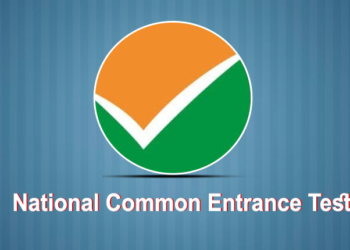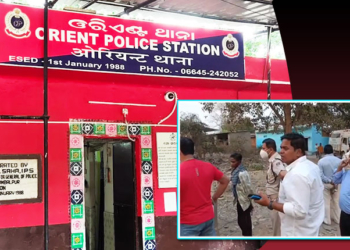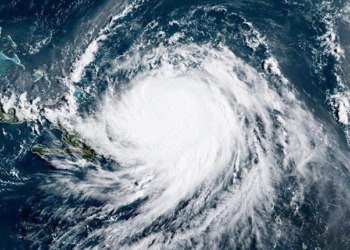Bhubaneswar: Amid a fresh wave of COVID-19 infections across the country, Odisha has reported 38 cases as of Friday (June 6) from a total of 755 samples tested, prompting the state government to ramp up preventive and containment efforts. Of the infected individuals, nine have already recovered, while the remaining patients are in home isolation and reported to be in stable condition.
In light of the evolving national scenario, the Union Ministry of Health and Family Welfare held a virtual review meeting on June 3, chaired by the Director General of Health Services (DGHS), Dr. Sunita Sharma. The meeting included representatives from state health departments, ICMR institutions, surveillance units, and officials from the National Centre for Disease Control (NCDC). Odisha officials participated in the session to assess preparedness measures and align with the central directives.
The review comes as India, as of June 4, has reported 4,302 active COVID-19 cases, marking an increase of 864 cases in just 24 hours. Although the majority of new infections are mild and manageable at home, 44 deaths have been reported nationally since January 1, 2025—most among individuals with underlying health conditions.
To enhance healthcare readiness, the central government has instructed all states to ensure availability of oxygen, isolation beds, ventilators, and essential medicines. Odisha has already been conducting mock drills to assess the functioning of oxygen infrastructure, including PSA plants and LMO tanks, while facility-level preparedness drills were carried out on June 4 and 5.
Surveillance activities are also being intensified, with state and district-level IDSP units closely monitoring cases of Influenza Like Illness (ILI) and Severe Acute Respiratory Illness (SARI). As per national guidelines, all hospitalized SARI cases and 5% of ILI cases are being tested for COVID-19. Positive samples are further sent for genome sequencing through the ICMR-VRDL network to track any potential variant activity.
The public has been urged to follow standard precautions such as hand hygiene, cough etiquette, and to avoid crowded areas, particularly when experiencing respiratory symptoms. People with acute respiratory illness are advised to self-monitor and seek medical attention if their condition worsens.
The Odisha government reiterated its commitment to safeguarding public health and implementing all necessary measures in coordination with national health authorities.















